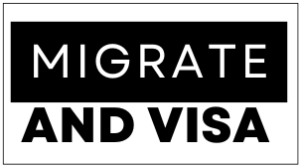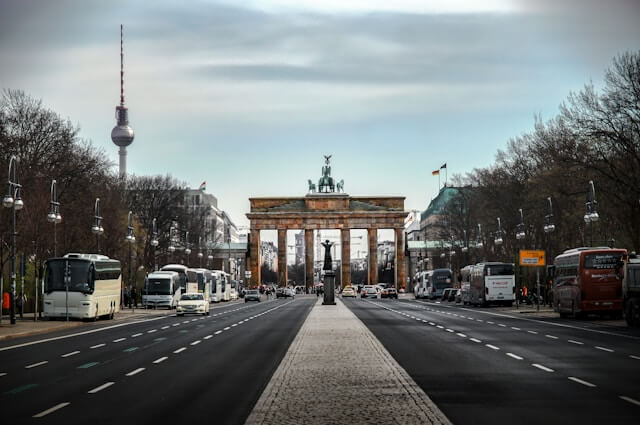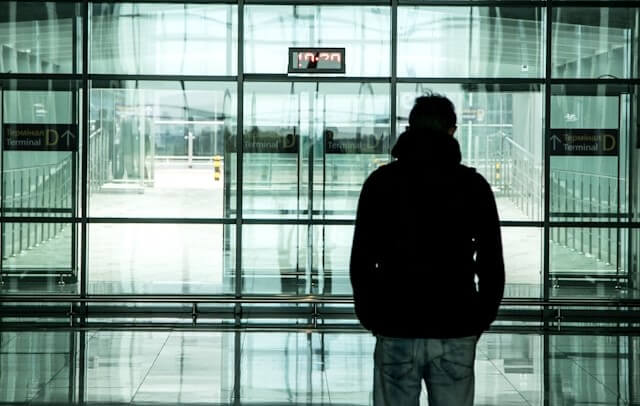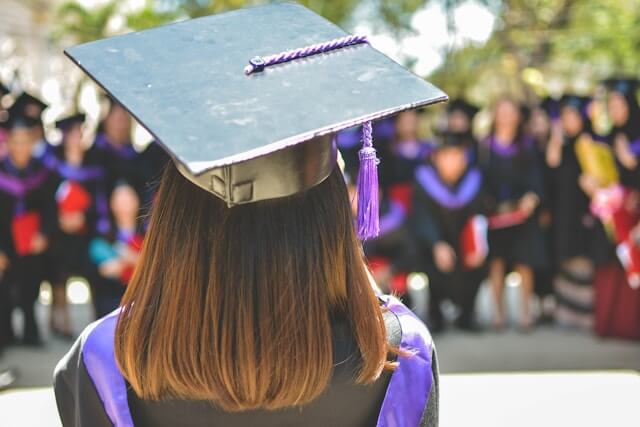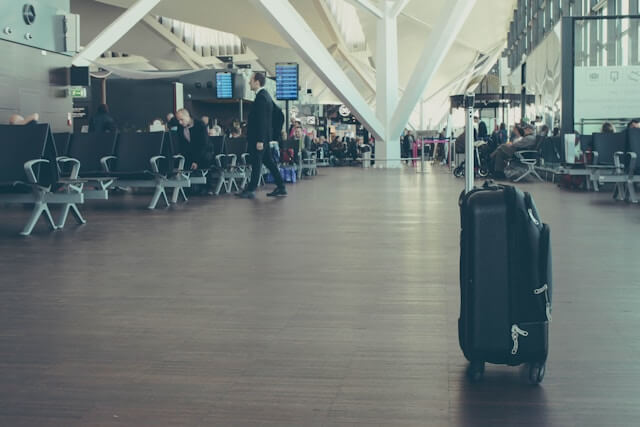Can one’s previous visa rejections affect their future visa application? The answer is yes, but it depends on the reason for the visa denial.
It can be devastating when you get a visa rejection. Everyone who gets to the embassy to apply for a visa wishes to be successful. But that is not always the case.
You may wonder how much a rejection affects you and your chances of being successful in future applications. So what happens when your previous visa gets rejected?
In this article, we’ll explore how previous visa rejections affect your future visa application. We are also going to take a look at how it affects future visa applications.
What is Visa Rejection?
Visa rejection refers to the denial of a visa application. This is done by the immigration authorities of a country.
When a visa application is submitted, the immigration authorities reviews it. After the review, they determine whether or not the applicant should be granted a visa or.
There are various factors that could lead to a visa rejection. We’ll explore some of these reasons in this article.
Also Read: 10 Best Courses that Can Get You a Job in the United States Faster
What Are the Reasons for Visa Rejection?
When an individual applies for a visa to enter another country, they must go through a specific application process. This process typically involves submitting various documents, undergoing interviews, and meeting certain eligibility criteria.
When these documents are reviewed, certain factors could lead to a visa rejection. These factors are listed below:
1. Ineligibility
Your visa may be rejected when you fail to prove your eligibility to visit a particular country. Certain countries have eligibility criteria that must be met before entry is granted. Failing to meet such criteria may result in your visa application being rejected.
Factors such as criminal records and previous immigration violations could lead to a visa rejection. Insufficient funds to support your trip, or failure to provide required documentation could also be factors.
2. Incomplete Information
If the information in your application is incomplete or inaccurate information, it may be rejected.
This may include missing documents, incorrect personal details, or inconsistencies in the information provided.
3. Security
Your visa application may be rejected for security reasons. This usually happens when the immigration authorities have concerns about your background or intentions.
Factors such as suspected involvement in criminal activities and connections to terrorist organizations may cause your visa application to be rejected.
Also Read: A Guide on How to Apply for U.S. Student Visa from Nigeria
4. History of refusals
Having one visa rejection may lead to many more. If you have a history of visa refusals in the past, never apply again until you consult a trusted visa expert.
You are likely to damage your travel profile forever if you continue without guidance. The more rejections you get, the more desperate you appear in front of immigration officials. This drastically reduces your chances or eliminates them completely.
5. Overstay History
If you have a history of overstaying your previous visa or violating immigration rules, your application will be rejected.
6. Not having reasonable ties at home
You are not granted a visa to stay forever. The visa officer wants to be rest assured that you will return home and so they’ll check for ties.
If you have good ties like a good job, family, and property, they could nullify every fear. the officer might have of you. If you don’t have such ties, your visa could be denied.
What Happens If My Visa Gets Rejected?
The first thing that happens when your visa application gets rejected is that you cannot travel to the country you applied for. A rejected visa means you have been denied entry to the country you applied for.
When your visa application gets rejected, you’ll typically receive a formal notification from the immigration authorities explaining the reasons for the rejection.
What Should I Do If My Visa Gets Rejected?
The first thing to do after your visa gets rejected is to understand the reason behind the rejection. Typically, you are sent a notification containing the reasons for rejection, take time to go through them.
If you feel that the rejection is no fault of yours, you can go ahead and appeal. Your application should come within 15 days of the rejection notice.
Before reapplying, ensure that the reason for the previous visa rejection is addressed so your future visa application is not affected.
Can I Apply Again After Visa Rejection?
You can apply again after a visa rejection. The duration for reapplication depends on the country you are applying to.
Usually, there’s no specific waiting time for reapplication, but it is generally advisable to first address the reasons for rejection. Then wait for a reasonable time before reapplying.
Also Read: Top 10 Immigration Rules for International Students in the United States
How Does My Previous Visa Rejections Affect My Future Visa Application?
When you apply for a visa, the immigration authorities consider various factors to determine your eligibility. You will be assessed based on the visa category you’re applying for.
Having a previous visa application rejected can raise concerns. These concerns can affect the assessment of your future visa applications.
Here are two ways your previous visa rejection can affect your future visa application:
1. Increased Scrutiny
A previous visa rejection will lead to increased scrutiny. Immigration authorities may take a longer time to assess your visa application because of your history. This could delay your travel plans.
2. Credibility Issues
Having a previous visa rejection raises a big question about your credibility and eligibility.
A previous visa rejection can impact the perception of your intentions as an applicant. You may need to work harder to establish your credibility, demonstrate strong ties to your home country, and provide compelling reasons for your travel.
How Do I Avoid a Visa Rejection?
While applying for your visa, you must be meticulous and pay attention to details. Do the following to avoid visa rejection;
- Determined the type of visa you’re applying for: You first need to determine the type of visa you are applying for. Carry out extensive research to know all the requirements and have them handy.
- Fill out the application form carefully: You must be very meticulous while filling out your details in the application. Any error made here could lead to a visa application rejection.
- Be honest during your interview: Do not give false or misleading answers to questions posed during interviews. Prepare for your interview, practice commonly asked questions, and give sincere answers to them.
Also Read: How to Pack Your Luggage for International Flights as a Student
Your previous visa rejections can affect future visa application. This is because it poses big questions about your credibility and intentions. The best thing to do is to ensure you are careful during application.
If it turns out that the reason your visa application was no fault of yours, make an appeal. A clean application history makes for successful future applications.
